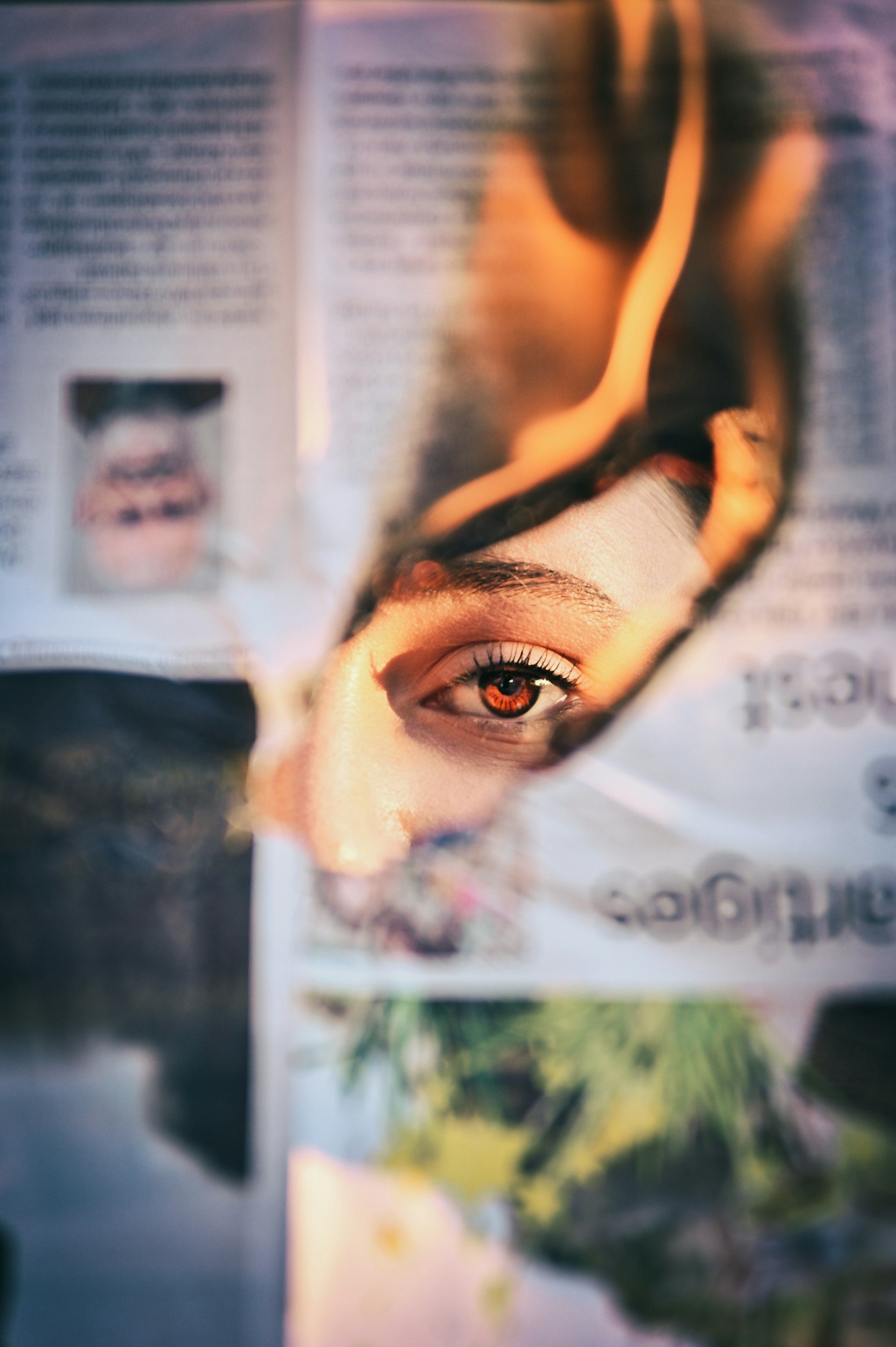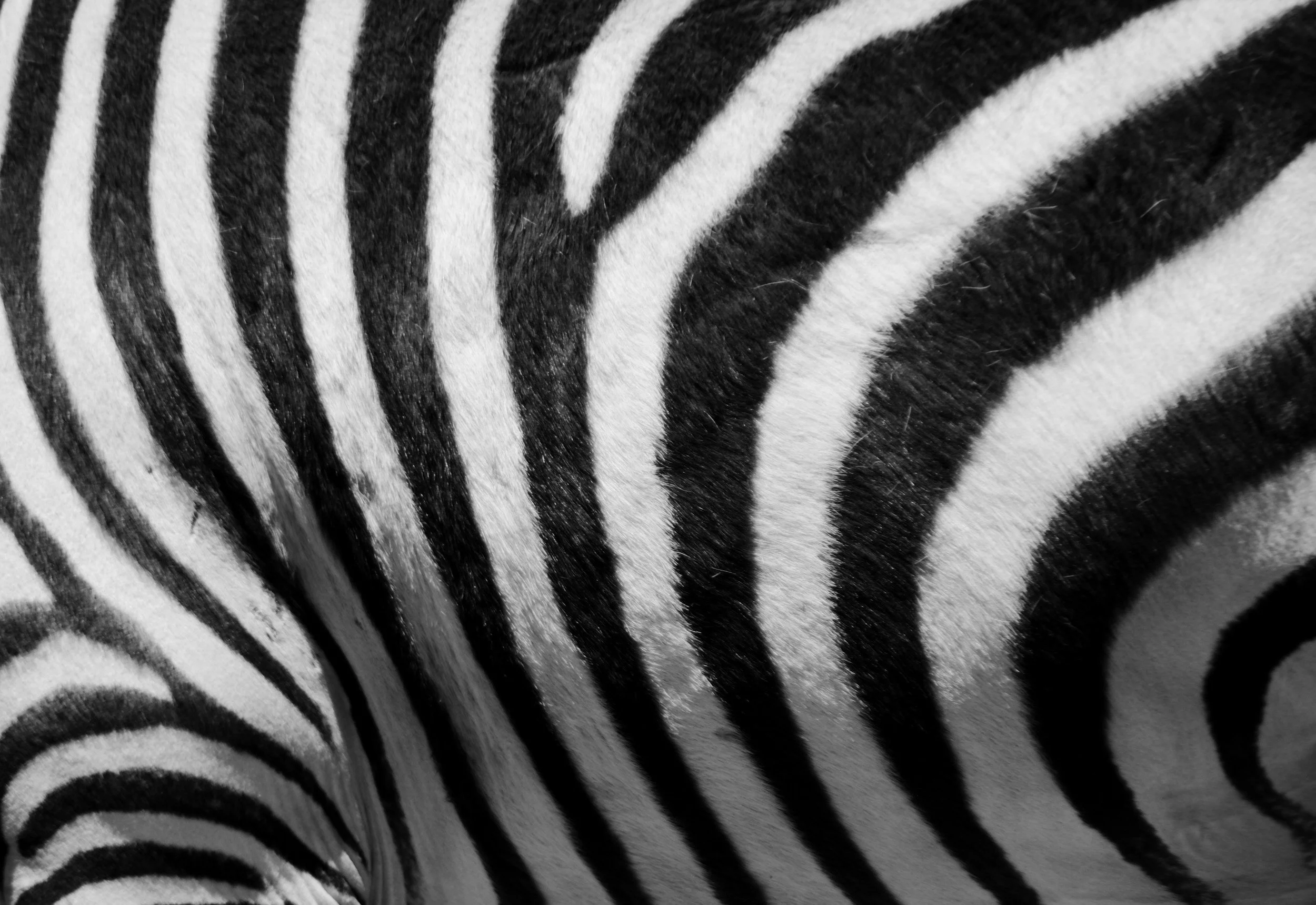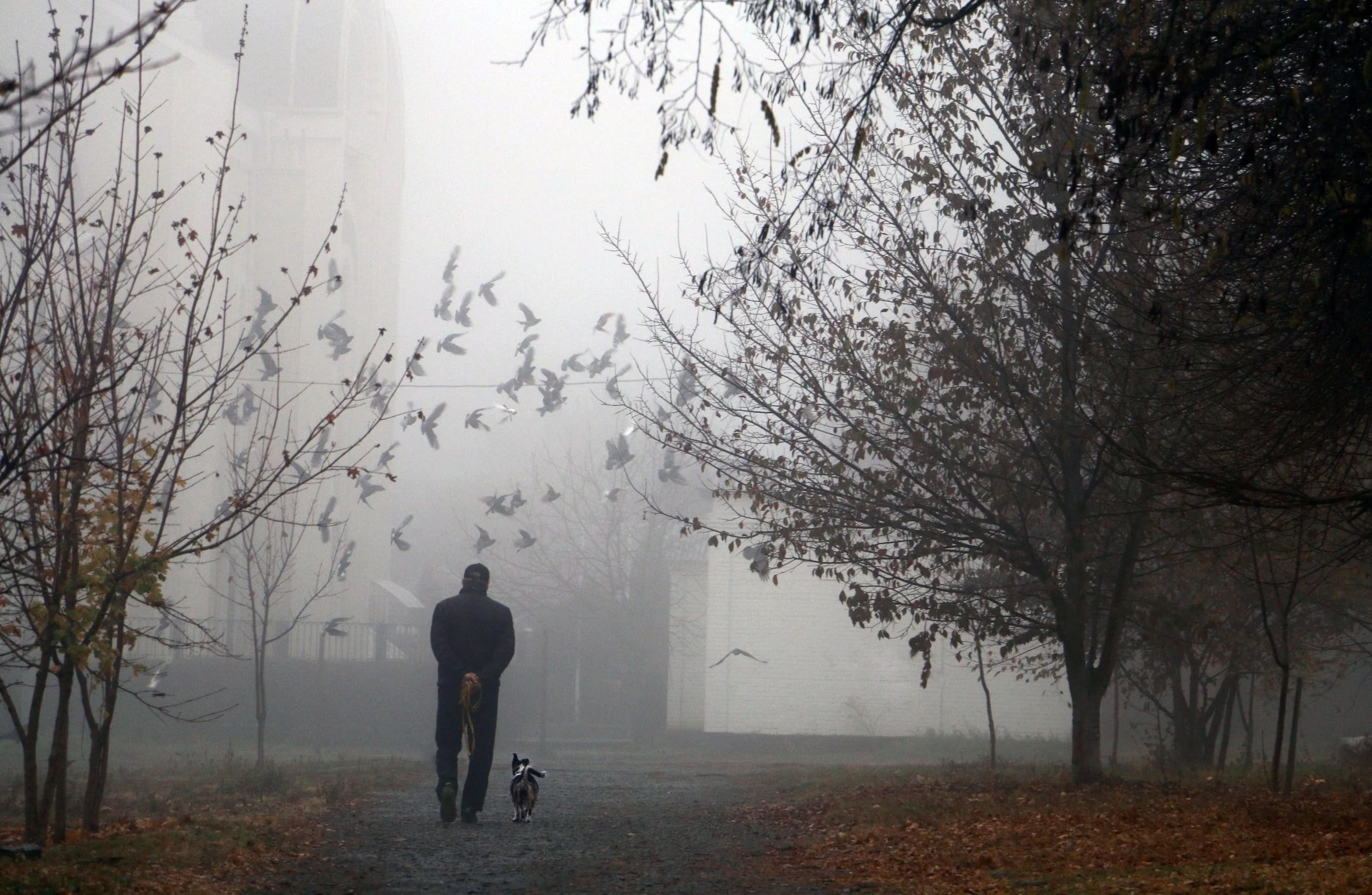Birds Don’t Drop Dead from the Sky
I’ve often wondered: Why don’t you see birds drop dead from the sky? Surely it happens. There couldn’t possibly be a mechanism that keeps it from occurring. Could there be? Something about the nature of the flight that keeps beings in a state of suspended life, no matter the outcome?
But you never see it.
I wonder this in brief periods of aloneness. I wonder when out for strolls, grabbing the top back half of my tires and pushing fully around until I’m so outstretched that I need to do it all over again. I listen for the silence that the world often offers. I think about my children and husband; I think about my work and others I care about. I make lists in my head that include laundry and saving the world. I take a mental snapshot and giggle at the neighbor’s irises and how they look like purple llamas ogling me as I roll past the garden.
My hands are rough and calloused from the incessant pushing. My shoulders are weary workers that keep the whole machine churning. I enjoy those midday strolls and the aloneness. I enjoy pushing my wheelchair through the neighborhood on the barely wide enough sidewalks. I even enjoy thinking about those birds that might just die above me.
Sure, there are days and moments where I have wished that I didn’t rely on this wheelchair. And there are more moments where I wished that I weren’t paralyzed. But, gripping my push rim tightly enough to propel myself forward would be much more difficult to do if I were looking back. So, I practice looking forward. It has always served me better that way.
There have been moments I’ve cried and wondered what I did to deserve the life I was given. Calling out to the darkest of voids, a cratered abyss from all directions. There aren’t even echoes, it’s that vast. Why did I get in the car that night? Why did we turn on the highway? Why were we dumb teenagers without a care in the world? I’ve spent moments lying on desperate commercial-grade apartment carpets that almost leave permanent markings on my soaked face in complete despair of it all. I have questioned the most somber of my days.
But you will never see it.
You never see it because I shush those thoughts like a single-room schoolhouse teacher, patting her own calloused hands with a ruler. I pop those thoughts with that disciplinary ruler before they even make it to the part of my throat that turns air into sound.
Those thoughts have become as fleeting as the night itself. That night changed everything for me.
That night of the crash, I was young and fervently indestructible. I had been distracted by black patent leather pumps and a silken lavender dress. In a traditional Sadie Hawkins–style dance; I was the one who did the asking. I had asked him to the dance. I had asked my friends to join us.
But I never asked for this.
Without warning, without hesitation, without explanation. In the blink of an eye, time stood still. It was both—it took only a moment of a single heartbeat, yet that moment ventured into eternity. Or so it seemed. The most poignant of events seem to happen that way. Those ones that you won’t want to forget because of the power held in them. Those are the same moments that wake you from the nightmares they create.
The accident wasn’t anyone’s fault. It was a fleeting moment with permanent results. My teenage body lay limp on the highway pavement. The lavender silk was soaked in my own blood as it pooled from my desperate insides. Raw, exposed skin ached for my brain not to remember. Gashes deep into muscle and bone begged for me not to remember too. Collapsed lungs, starved of life-giving oxygen, needed me never to remember.
I didn’t remember.
To this day, I don’t remember that night or any events leading to it. I don’t remember twirling and whirling my lavender dress, and I certainly don’t remember stuffing tissues into the toes of my shiny shoes just so they fit enough to walk without the backs flipping up. That night was full of so much sorrow and loss, but no imagery to match. I try to imagine the night in a sepia tone, like in those old-fashioned silent films. Film reels churning with subtle bumps and scratches in line with the story being told.
That night changed everything. It changed my physical body, undoubtedly and eternally. But, even more so, it absolutely demolished the teenage kid that was inside. That hurt even more. In that sheering second, I had learned about true pain and unmistakable loss. Landing on the pavement had broken my spine and blocked any signal from my brain to my lower extremities. Lying on the pavement, my boyfriend, who had been sitting next to me just minutes before, took his last breath.
A last breath.
There isn’t anything in the world more lonely. It doesn’t matter the circumstance nor company, that last breath is just you. It is scared to let go. I have been there.
But you will never see it.
My perspective of the world had changed in an instant. No longer able to stand and walk, my gaze became lower than the rest. Far, far lower than from the seat of my wheelchair. I became hypersensitive to my surroundings and incapabilities. There was no one around me who truly understood from where I sat. I was a teenager that wanted desperately to be like everyone else. I wanted to go, unnoticed in a classroom or shopping mall. I couldn’t take the way people’s eyes lingered at the position of my legs or wheelchair. So often I wanted to run away and hide, disappear altogether. Yet that was out of my scope. I was sitting atop a hunk of metal and plastic, without any hope of a quick getaway. I was always reminding myself that I couldn’t walk, let alone run, anywhere. Even my closest of family and friends felt so far away. No one understood. But, then again, I didn’t even try to let them. I was alone in my new world.
I never asked for this.
It would be years of shedding my introverted, self-deprecating skin to be able to realize that there was much more to life than walking. I had wheels to take me where I wanted to go. Now, from where I sat, my life could be anything I wanted it to be. The sun appeared much bolder and inspired. Bird would whisper songs of encouragement and pure joy as they flew overhead. Flowers grew cockeyed animal faces that always made me chuckle. It would be years before understanding that my accident was one of the best things that has ever happened to me.
You see that. Don’t you?
That night, my body broke away through the passenger-side tempered glass, penetrating straight into the air. Some would suggest that my body was falling, but I was most certainly flying. I flew beyond the scope of the accident and landed alone, far from the rest. Paramedics were unsure if I would make it to the hospital. My neck was twisted. I wasn’t breathing. I had lost so much blood. Laying on the red-tinged pavement, I was alone. I had my life to fight for. All alone. But I was alive.
Birds don’t drop dead from the sky.
I suppose that’s why I didn’t either.
That simple act of flying surely saved me. The unfathomed mechanism kept my heart pumping and thumping high in the sky. I imagine that sepia midnight sky, and I can almost see my body paused, midair. I can see me, the whole of my life, hanging on. The film reel bumps and thumps as I fly toward the pavement. Making a bold decision to live, the reel stops. What did I tell myself at that moment?
I’ve often wondered . . .
-Ryan Rae Harbuck
Ryan Rae Harbuck’s call to write was a quiet yet constant voice that she finally listened to. Her memoir, when i grow up i want TO BE A CHAIR, launched in February 2022, along with a personal essay published by the Huffington Post in January and a microfiction piece in The Birdseed in March. Although her writing career is still in its infancy, it is a ferocious little newborn. Find her on Instagram and Twitter: @ryanraeharbuck



















